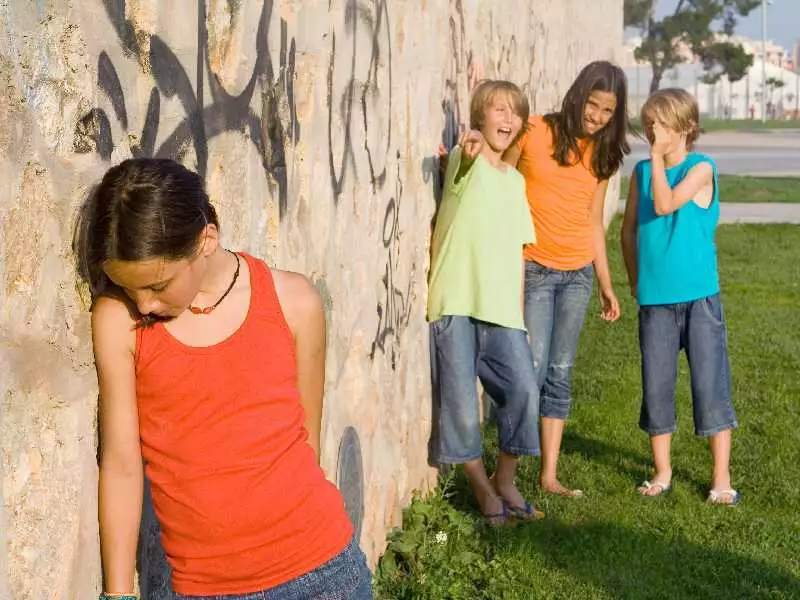Some people probably remember when they were children their parents threatening them with the words " if you are naughty, you will go to an orphanage". The threat was just a threat, but is it really the child's fault that he or she is put into foster care?
Life in a children's home has a huge impact on a young person's psyche. The establishment of lasting and strong emotional bonds with other people is disturbed. This is often due to the excessive turnover of alumni in the children's home, and the lack of people who can be trusted to share both sadness and joy. Unpleasant memories and experiences impinge on self-confidence. The child in foster care feels inferior to other children at school. Frequent malice from peers exacerbates his or her low self-esteem. In summary, children's homes are not a good thing that happens to children in life. They only cause harm and distort children, depriving them of the most precious feelings and values that the family teaches.
Children become distrustful, helpless and unable to cope with everyday problems in adulthood because no one teaches them to do so. They also do not have good models of behaviour. Poland is currently one of the few countries in Europe with large orphanages. In other European countries, orphanages have already been abolished or the number of children who can be brought up in them has been significantly reduced.
 fot.panthermedia
fot.panthermedia
In the UK and Norway, for example, children only go to foster families, which give children more positive experiences. Foster families focus on a particular child. It is possible to find lost family warmth and love in them.









